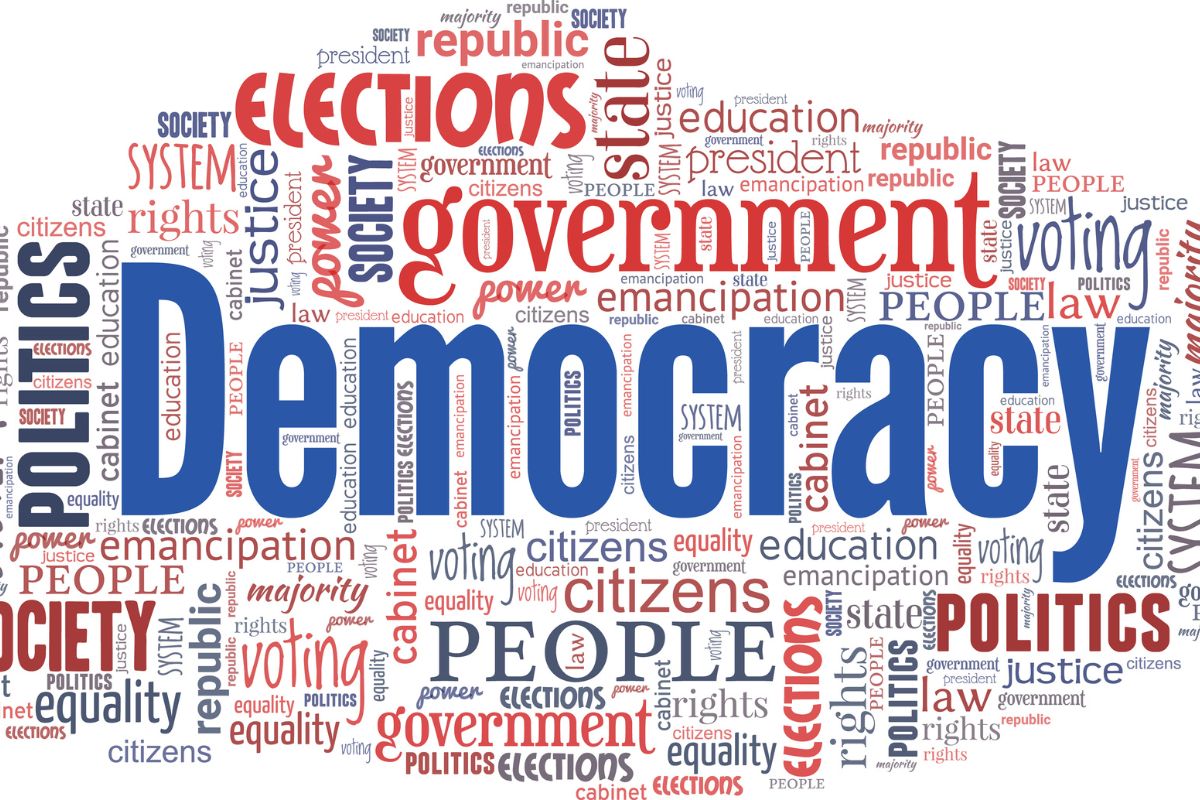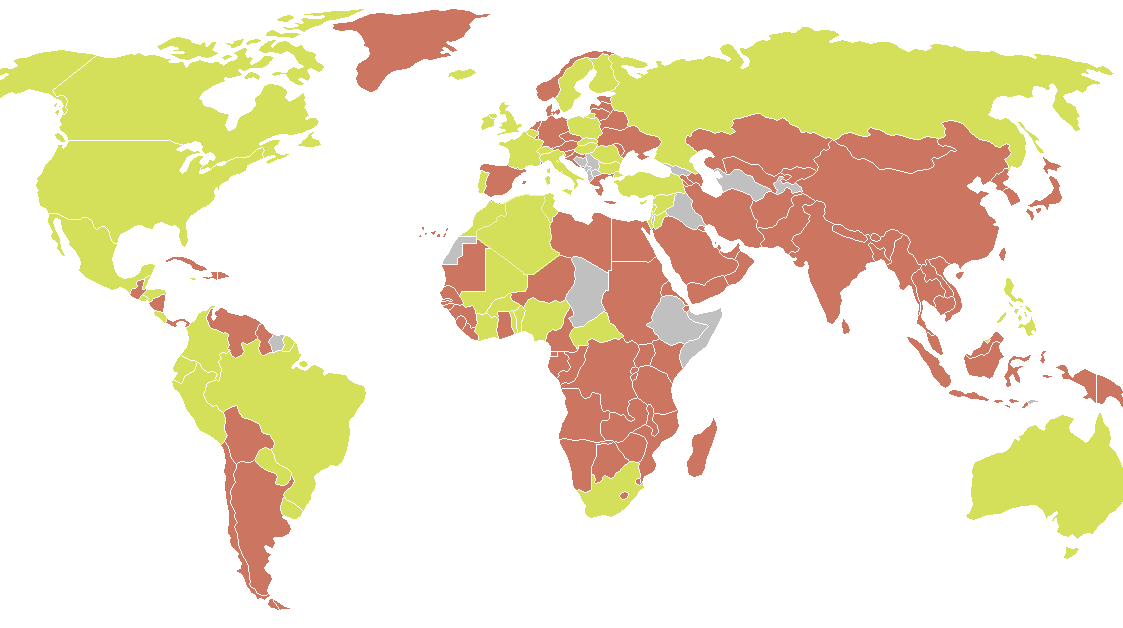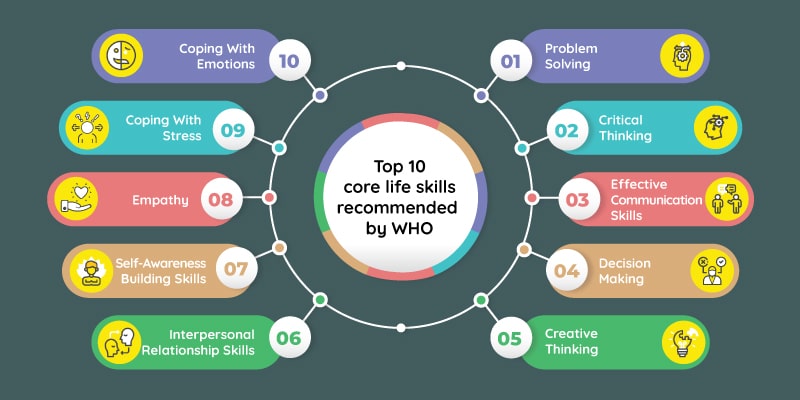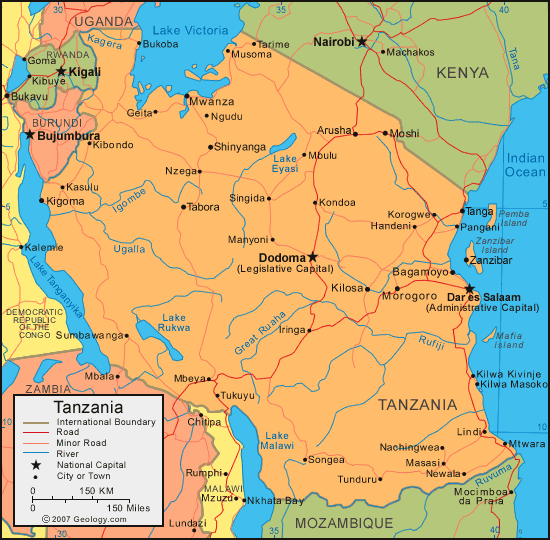GOVERNMENT TEST THREE
PRESIDENT’S OFFICE
REGIONAL ADMINISTRATION AND LOCAL GOVERNMENT
GOVERNMENT TEST THREE
Choose the most correct answer from the alternatives given and write its letter in the box provided
Which of the following is not a part of parliament?
chief justice
president
minister
shadow minister
The arm of the government, which interpret laws of the country is:-
legislature
parliament
judiciary
executive
The office in charge of the district council is the:
district commissioner
district executive director
regional commissioner
minister responsible for local government
A constituency is:
parliamentary meeting
voting are represented by one member to the national assembly
constitution amendment
an elected member of the national assembly
The three arms of the government are:-
president, vice president and prime minister
president, cabinet and judges
executive, legislative and judiciary
president, constitution and parliament
In Tanzania, form of local government does not include:-
village government
district council
municipal council
central government
The political party which struggled for the independence of Tanzania mainland and succeeded was:-
TAA
TFI
ANC
TANU
Public instrument which show the distribution of public power and its limits is the:-
judiciary
political party
parliament
constitution
Proposal for a new law is called:-
bill
by-law
judiciary
legislative
Parliament is also known as legislative because it
has the power to make laws
approves the state budget
check the state work
can vote out the president
Choose the correspondent letter from list B and match with those of list A
List A | List B |
|
|
3. Read the following passage and then answer the question that follows
Government is a group of people who are responsible for controlling a country or state. The government manages relations between the people and their institutions or organizations
There are different types of government in the world, there are those which are governed by president and other politician who are elected by people, and these types of governments are called republic government.
Federation governments are those governments where power is divided and shared between a national government and state government example United States of America
There are those government which are governed by king or queen, these are called monarchy government, also they are divided into two types, there are those a king or queen is the head of state and him or her forms a government example Swaziland, these are called absolute monarchy. Constitutional monarchy are those the king or queen is only the head of state but does not form a government but prime minister who is elected by people is the one who form a government
Questions
Suggest the head of the passage
According to the passage how does the leader of republic government obtained
Provide the different of federation government and monarchy government
According to the passage define the term government
What is the different between absolute monarchy and constitutional monarchy
Write short notes on the following terms
4. Write short notes on the following iterms
Dictatorship Government
constitution
democratic government
absolute monarchy
totalitarian government
anarchy government
central government
union government
dominion government
DEMOCRACY GUIDING QUESTIONS
- For a democracy to thrive in any country, there are pillars of democracy to be observed. In five (5) points, assess the achievement of Tanzania in broadening the scope of democracy.
- In six points, justify why a democratic election is important in maintaining peace and security
- “Tanzania is one of the democratic states that practices democracy since 1992”. Use five points to substantiate this statement
- Tanzania is one among the leading countries in Africa that practices democracy in the world. In five points assess the achievements of Tanzania in broadening the scope of democracy


































